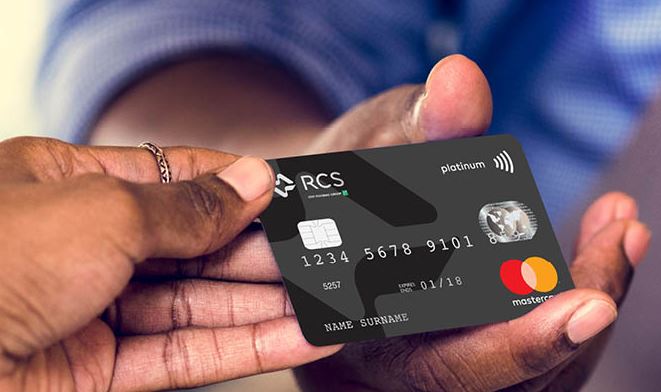Bitcoin is a decentralized digital currency that allows users to buy, sell, and store value without the need for a central authority. Since its inception, Bitcoin has attracted a growing number of investors seeking financial independence and high returns. However, the cryptocurrency market is complex and volatile, requiring careful planning and an understanding of the challenges involved in trading Bitcoin.
One of the biggest appeals of Bitcoin is its potential for profit, but the same factors that make it attractive also make it risky. Its price fluctuates rapidly, often driven by speculation, regulatory changes, and market sentiment. Additionally, because Bitcoin transactions do not involve traditional financial institutions, users must take full responsibility for securing their investments. Despite these challenges, with the right knowledge and approach, Bitcoin trading can be a viable investment strategy.
Challenges in Buying Bitcoin
- High Volatility: Bitcoin is known for its price swings, sometimes experiencing double-digit percentage changes in a single day. This volatility can create opportunities for high returns but also increases the risk of losses, especially for inexperienced traders. Buying at the wrong time could lead to significant financial setbacks.
- Security Risks: Unlike traditional banks, Bitcoin transactions are irreversible, meaning that if funds are stolen or lost, there is no way to recover them. Cryptocurrency exchanges, wallets, and even individual accounts are frequent targets for hackers. Without strong security measures such as two-factor authentication and hardware wallets, investors may lose their holdings to cyberattacks.
- Regulatory Uncertainty: The legal status of Bitcoin varies from country to country, with some governments embracing it and others imposing strict regulations or outright bans. These uncertainties can impact the ease of purchasing Bitcoin, the taxation of gains, and even the ability to use cryptocurrencies for transactions.
- Complexity of Platforms: Many cryptocurrency exchanges are designed for experienced traders, featuring advanced trading tools that may overwhelm newcomers. Understanding how to navigate an exchange, place orders, and manage digital assets requires time and learning.
- Transaction Fees: Depending on the level of congestion in the Bitcoin network, transaction fees can fluctuate widely. High fees can make small investments less profitable, especially when transferring Bitcoin between wallets or exchanges.
Challenges in Selling Bitcoin
- Market Liquidity: While Bitcoin is widely traded, sudden market crashes or low liquidity periods can make it difficult to sell at a favorable price. Large sales can also trigger price drops, making it harder to exit positions without incurring losses.
- Tax Implications: Selling Bitcoin often triggers taxable events, requiring investors to calculate capital gains and report them to tax authorities. Many people are unaware of their tax obligations, leading to potential penalties or legal issues.
- Exchange Restrictions: Some cryptocurrency exchanges have withdrawal limits, requiring users to undergo extensive verification processes before accessing their funds. These restrictions can create delays, especially in volatile market conditions where timing is crucial.
- Risk of Scams: Peer-to-peer (P2P) trading carries the risk of fraud, as dishonest buyers may attempt to reverse transactions after receiving Bitcoin. Additionally, scammers often pose as legitimate exchanges, leading unsuspecting investors to transfer funds to fraudulent platforms.
- Timing the Market: Many traders struggle to determine the best time to sell, as Bitcoin’s price is influenced by numerous factors, including market speculation, regulatory news, and technological developments. Selling too early can mean missing out on further gains, while selling too late can result in losses.
How to Overcome These Challenges
- Use Reputable Exchanges: Choosing a secure, well-established exchange with a history of reliability can minimize risks associated with hacks and fraud.
- Secure Your Investments: Storing Bitcoin in private wallets with strong encryption and offline storage options helps protect funds from cyber threats.
- Stay Informed About Regulations: Keeping up to date with cryptocurrency laws in your country ensures compliance and helps avoid unexpected legal issues.
- Understand Fees and Taxes: Learning about transaction costs and tax obligations can prevent surprises and allow for better financial planning.
- Adopt a Long-Term Strategy: Instead of trying to time the market, many investors find success by holding Bitcoin long-term, allowing their investments to grow over time.
Conclusion
Buying and selling Bitcoin can be both exciting and profitable, but it requires careful consideration of various challenges, including market volatility, security threats, regulatory uncertainty, and liquidity issues. Understanding these challenges and implementing best practices can help investors navigate the complex world of cryptocurrency more effectively. By securing investments, staying informed, and approaching trading with a long-term perspective, individuals can mitigate risks and maximize the potential benefits of Bitcoin investments.






